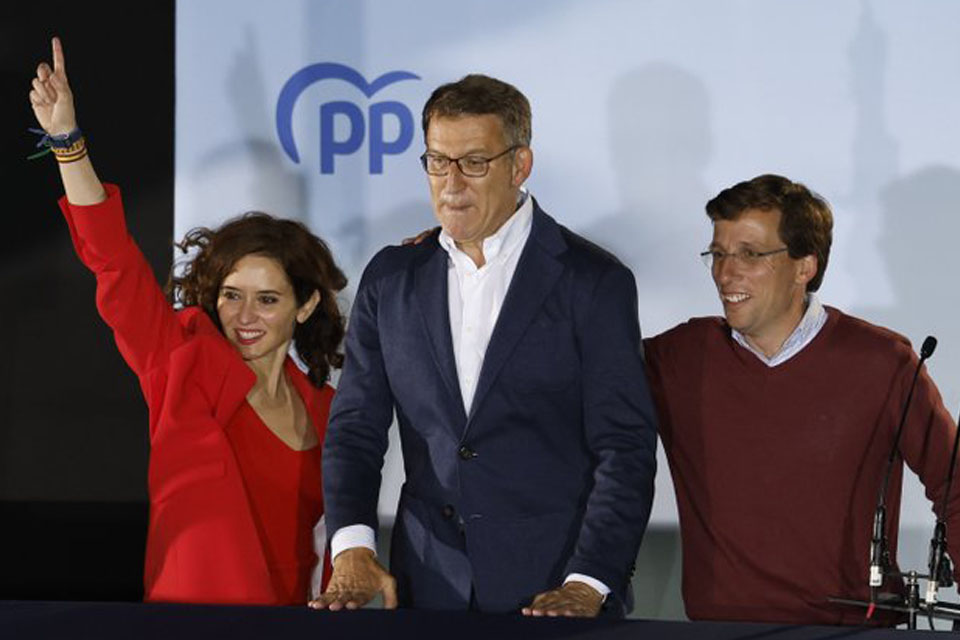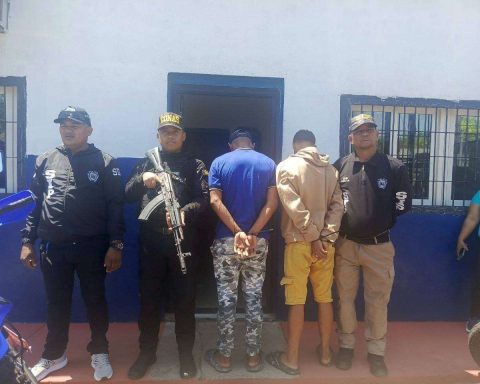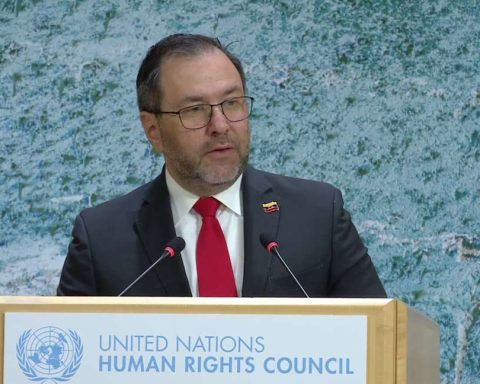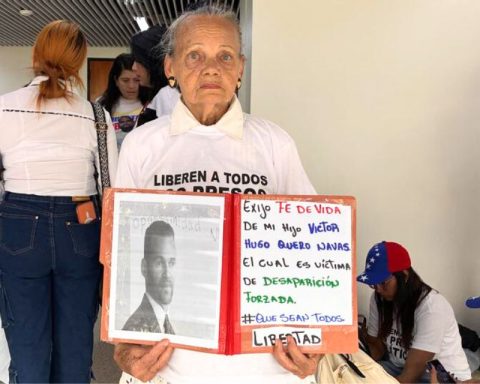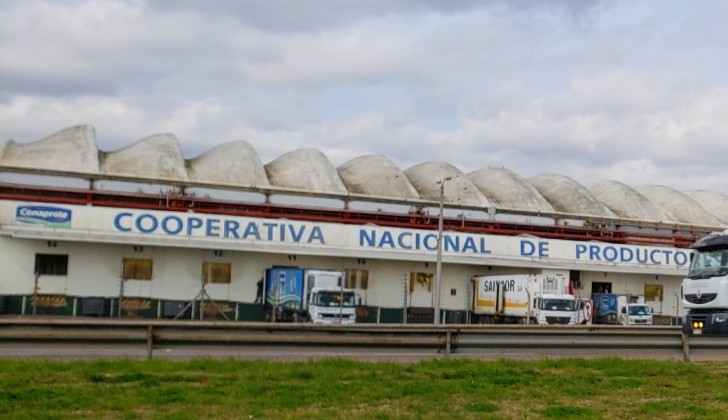The Spanish press recalls that the party that won the municipal elections ended up victorious in the general elections and governing the country, as was the case in the duels of 2011 and 2019. With 77% of the votes counted, the PP leads the PSOE both in number of councilors at the national level, with 20,691 councilors compared to 18,291 for the socialists
Alberto Núñez Feijóo’s PP has won the municipal elections this Sunday, May 28, winning national elections again seven years later and taking a closer look at La Moncloa for the general elections at the end of this year.
With 77% of the votes counted, the PP leads the PSOE both in number of councilors at the national level, with 20,691 councilors compared to 18,291 for the Socialists, as in votes cast, 30% of the votes, and leads in the town halls of large cities such as Madrid, Seville or Valencia, although in some cases it would need the support of the ultra-right of VOX, which is in third position, according to official data provisional, reported the agency EFE.
“We have had an exceptional result in all places,” said Alberto Núñez Feijóo in his first words after knowing the results.
The municipal ones certify the rise of the independentistas of EH-Bildu in the elections of the Basque Country. The major general trends observed are lThe practical disappearance of Ciudadanos, in favor of the Popular Party and the collapse of Podemos in all its different nomenclatures. Together, the purples, with the IU lists, did not even reach 1% of the vote in all of Spain, and no leader came out to show their faces.
The representatives of the Popular Party thus certified the change of cycle that already started in Andalusia last year after the arrival of Feijóo to the presidency of the PP in the Seville Congress. Specifically, the PP lost the 2019 municipal elections by almost seven points, and now not only has this distance been reversed, but it has also been imposed on the socialists of Pedro Sánchez by almost four points and more than 700,000 votes, according to the 98% count counted.
In this way, the PP became the winner of national elections seven years later, its last victory being in the general elections in June 2016. The PP has managed to be the first force in other large capitals such as Zaragoza and Malaga. In Madrid, the mayor and candidate for re-election, José Luis Martínez Almeida, has obtained an absolute majority.
The circumstance occurs that in the last elections in which there was a change of cycle, the party that won the municipal elections ended up victorious in the general elections and governing the country. Thus, it happened in the duels of 2011 and 2019, from which the former chief executive Mariano Rajoy and the current one, Pedro Sánchez, emerged victorious, in his case against Pablo Casado, reported the Spanish portal okdaily.
In the 2011 municipal elections, which already marked the end of shoemaking, Rajoy’s PP obtained 8,476,138 votes (37.54%), while the PSOE did not go beyond 6,275,314 votes (27.79%). .
This distance of almost 10 points increased to 16 in favor of the PP in the general elections that were held on November 20 of that year after the electoral advancement of four months that José Luis Rodríguez Zapatero was forced to have another government « give certainty.” In those generals, those that brought Rajoy to Moncloa reissuing the victory of the month of May, the PP garnered 10,866,566 votes (44.63%) and Alfredo Pérez Rubalcaba’s PSOE was left with 7,003,511 (28.76% ). An advantage of more than 3.8 million.
The law establishes that if there are no agreements between minor parties that reach a majority, the list with the most votes governs. And that consolidates the feeling of triumph in the national headquarters of the PP, because it will be able to corner Vox, forcing those of Santiago Abascal to accept their dominance without too much force to force their way into municipal governments.
Absolute joy. pic.twitter.com/JHGFKXnfSr
— Cayetana Álvarez de Toledo (@cayetanaAT) May 28, 2023
same pattern
After Pedro Sánchez came to the Government in 2018 through a motion of no confidence in Mariano Rajoy (the only one that has prospered in Spain to date), the pattern of whoever wins the municipal elections later wins the general elections, it was repeated in the 2019 elections. In that appointment with the polls at the local level, Pablo Casado’s PP obtained 5,154,728 votes (22.62%), but was surpassed that May by the PSOE, which obtained 6,695. 553 votes (29.39%).
A difference of practically seven points in favor of the Socialists, which would be traced in the general elections of November 10, 2019, where Sánchez’s formation prevailed with 6,792,199 ballots (28%) compared to 5,047,040 (20 81%) that the Casado PP brought together.
*Read also: Venezuelan asylum applications are growing in the EU with Spain as the main destination
Post Views: 367
